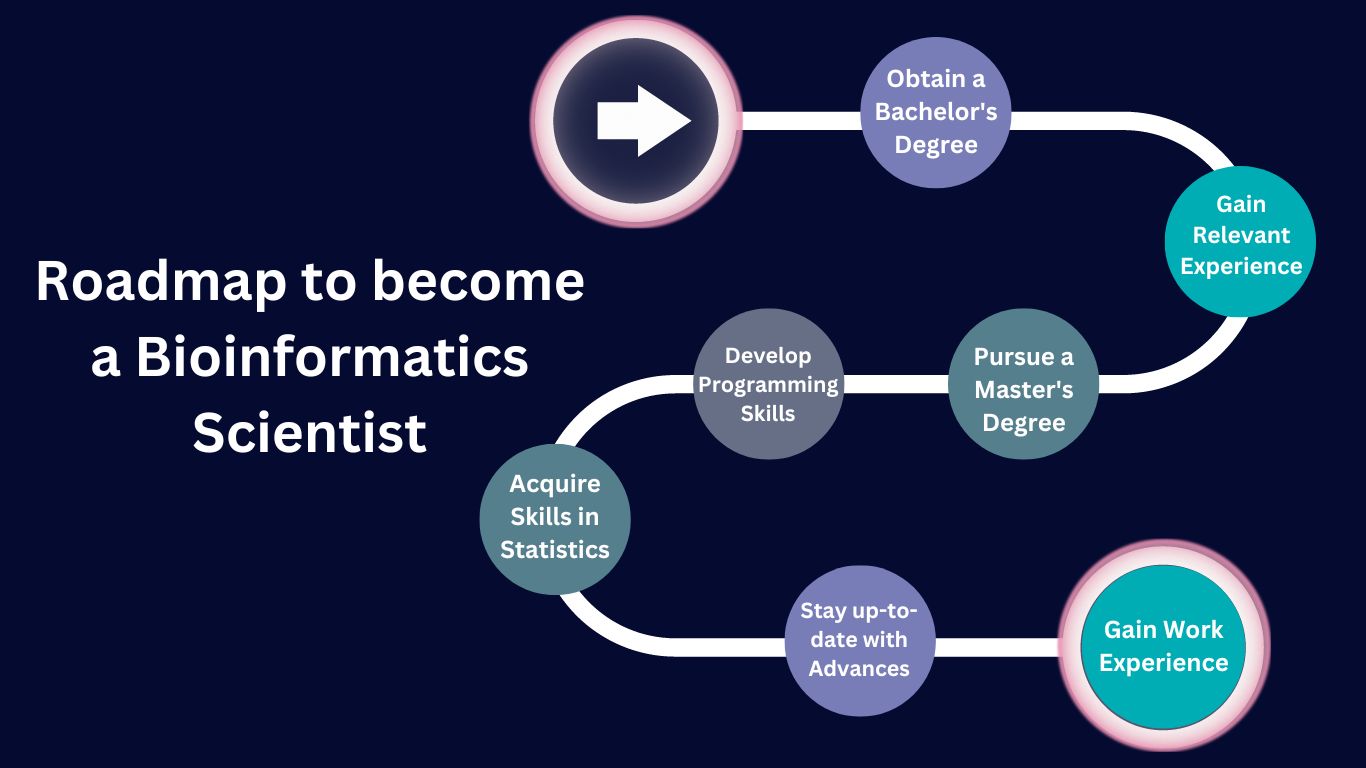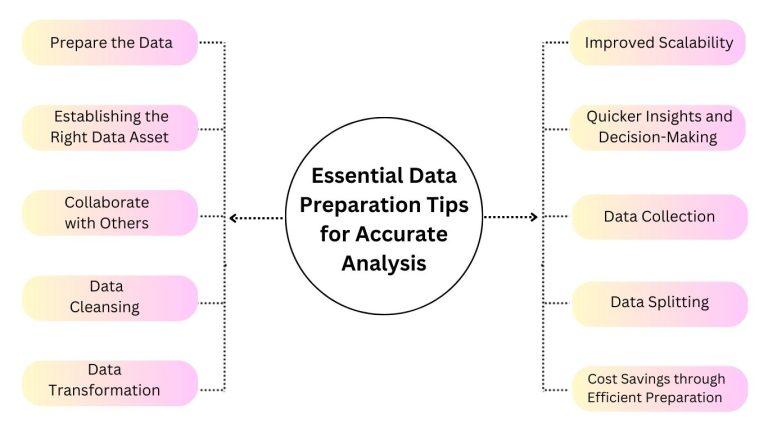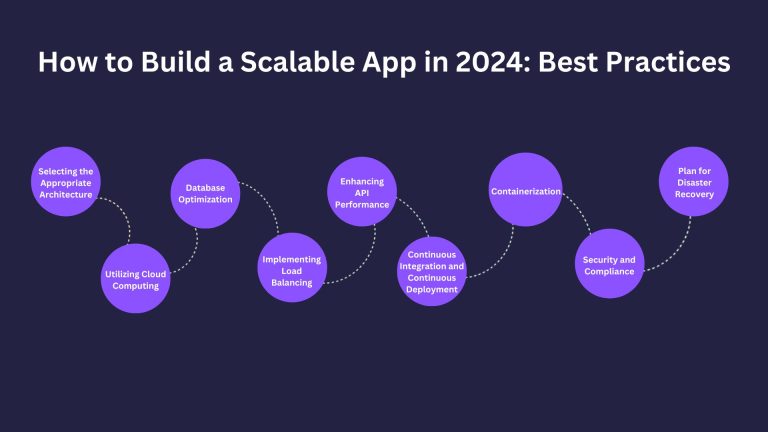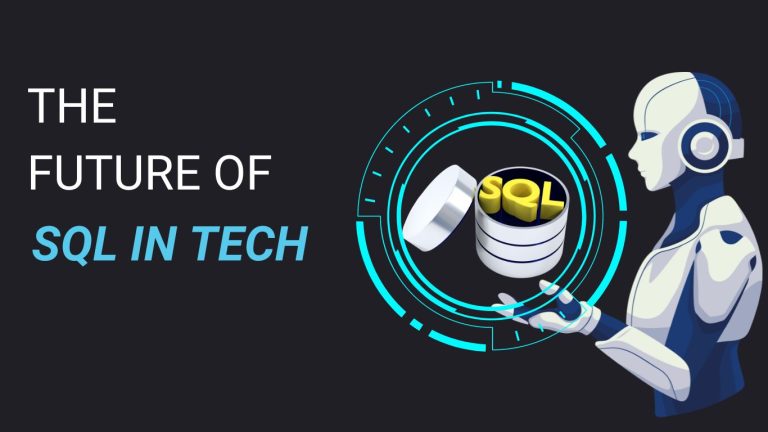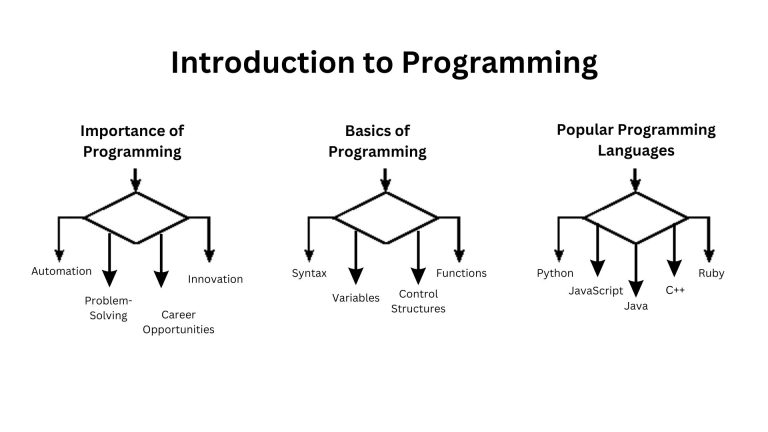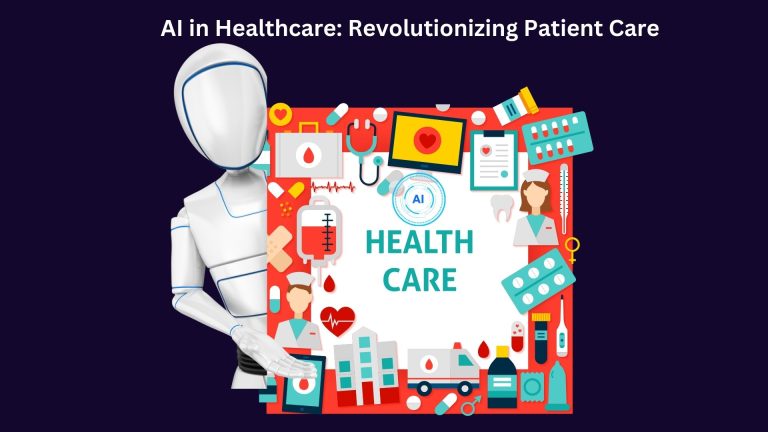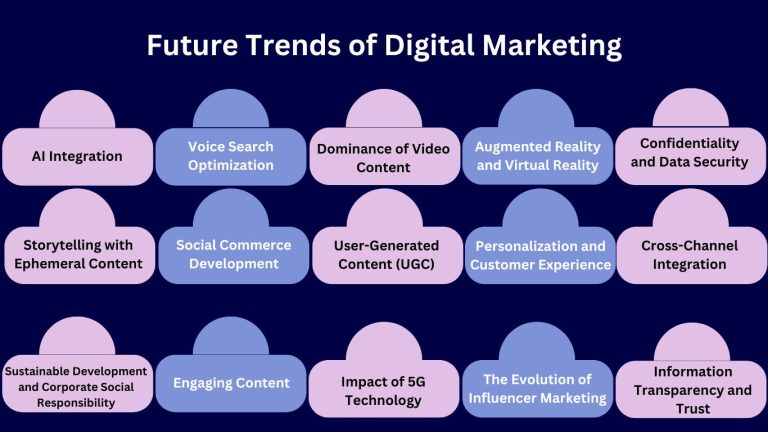Become a Bioinformatics Scientist : The Ultimate Roadmap for 2024
Bioinformatics is an exciting field at the intersection of biology and technology, offering incredible opportunities for those with the right skills. In 2024, become a bioinformatics scientist requires a mix of education, programming Languages knowledge, and hands-on experience. Choosing a job as a Bioinformatics Scientist is a perfect example of a career that combines biology and technology.
This profession entails the application of computational methods to process large biological data, which has resulted in major advancements in genomics, personalized medicine and biotechnology. It is a profession that is focused on the details and understanding of complicated biological systems, as well as in the creation of new approaches to the management of health and diseases, as well as the promotion of the constantly growing field of life sciences.
This guide defines the processes, competencies and information needed to begin an effective and meaningful bioinformatics career.
Top In-Demand Programming Languages List
What Does a Bioinformatics Scientist Do?
A specialist who uses biological, computational and IT knowledge to analyze and comprehend biological information. These specialists work at the intersection of molecular biology and computer science to create software applications, methods, and databases for system biology. These are essential in fields like genomics, proteomics, pharmaceuticals and the advancement of other fields of medicine like personalized medicine, disease diagnosis, and biotechnology among others.
Skills Required for Become a Bioinformatics Scientist in Graph with %
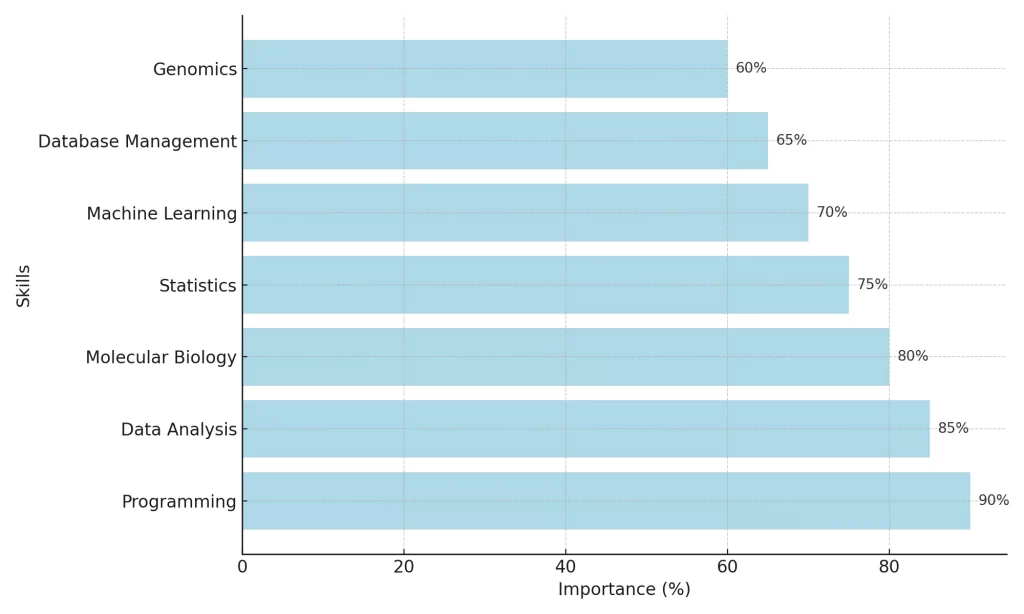
How to become a Bioinformatics Scientist
Becoming a Bioinformatics Scientist therefore is a process that encompasses education, experience and skill.
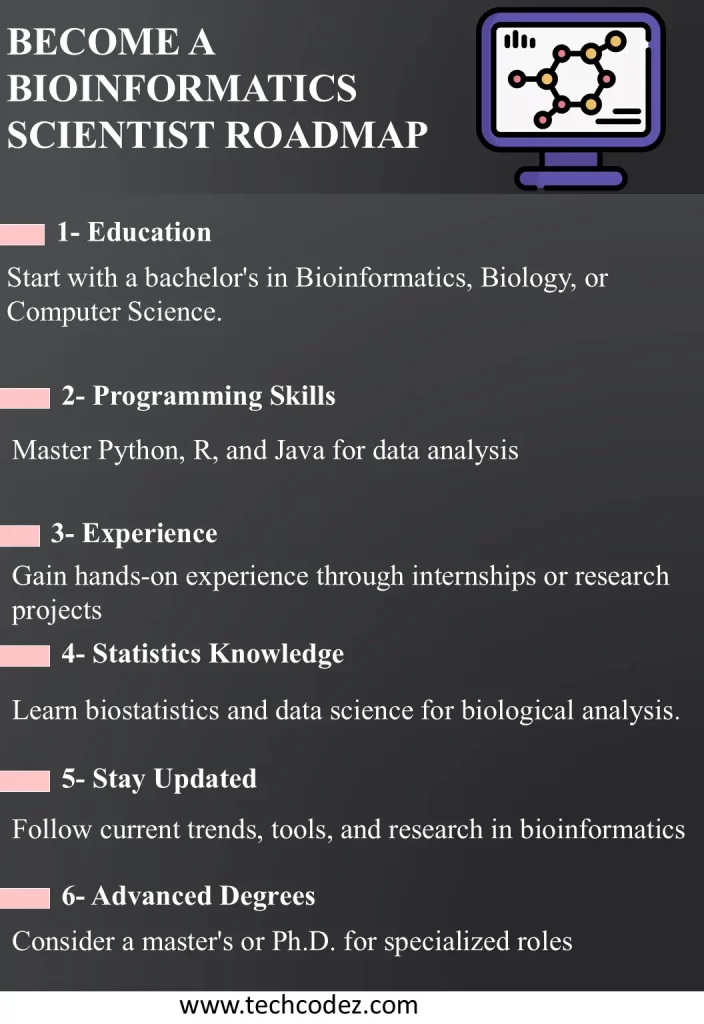
Here are the steps to follow:
Obtain a Bachelor’s Degree
Start with a bachelor’s degree in bioinformatics, biology, computer science, or any other related field. Genetics, molecular biology, statistics and computer programming courses are useful to have.
Gain Relevant Experience
Internships or research projects should be undertaken during the undergraduate years to gain experience. This is essential for one to understand the practical application of bioinformatics since they are applying what they have learned to real problems.
Pursue a Master’s Degree
A bachelor’s degree may be enough to get a candidate an entry-level position but a master’s in Bioinformatics or Computational Biology is often mandatory for other positions.
Develop Programming Skills
To become a Bioinformatics Scientist Must good at Programming languages like Python, R and Java skills in them. These languages are used in the creation of bioinformatics software and data analysis.
Acquire Skills in Statistics
Statistical methods and data analysis play an important role in biological science hence the need for the student to know them. Biostatistics as well as data science courses are particularly useful.
Stay up-to-date with Advances
It is relatively a novel discipline. This means it is important to be updated with the current trends of research, tools and technologies. To be up to date, one needs to become a member of professional associations, attend the related conferences, and read peer-reviewed articles.
Gain Work Experience
Some of the entry-level jobs to pursue include; a bioinformatics analyst or a technician role helps to gain operational experience and get familiar with complex bioinformatics projects.
Contemplate for a Doctoral Degree (Optional)
An academic and research position requires a Ph.D. degree in bioinformatics or any related field of study. Doctoral programs cover a lot of class work and specialized study in a particular field of bioinformatics.
In this way, you can set up a professional career and become a Bioinformatics Scientist, participating in the creation of significant changes and advancements in the field of life sciences.
Skills Required for Bioinformatics Scientist:
They need to acquire a broad range of competencies to perform their duties effectively. Here are some of the essential skills:
Biological Knowledge:
Understanding of molecular biology, genetics and biochemistry; a good grasp of these areas is essential in making sense of biological data and the significance of the information garnered.
Programming Proficiency:
Strong coding skills in Python, R and Java languages are used in the construction of software tools, in the automation of data analysis procedures, and in the generation of computational models. To become a Bioinformatics Scientist Must have proficiency in Coding.
Statistical Analysis:
Fluency in statistical aspects is essential in the process of analyzing huge biological databases and coming up with correct conclusions.
Data Management:
Expertise in managing and organizing large datasets; SQL and NoSQL are essential to comprehending for managing and organizing large amounts of data stored in databases. To become a Bioinformatics Scientist Must be good in data management.
Analytical Thinking:
Critical and analytical thinking skills are required to understand data and in the creation of novel bioinformatics approaches and tools.
Bioinformatics as a career provides one with an opportunity to apply biology alongside technology to foster development in the healthcare and life sciences industry. The present guide has helped you to know how you could become a Bioinformatics Scientist, a critical function in unraveling biological informatics information. However, the problem is that bioinformatics is a relatively new science. New horizons are envisaged for bioinformatics, which will not only make it possible to analyze data, but also forecast the results of treatment, individualize the approach and even develop new therapies. For to become a Bioinformatics Scientist must be analytical thinking.

